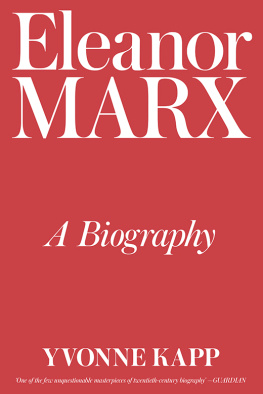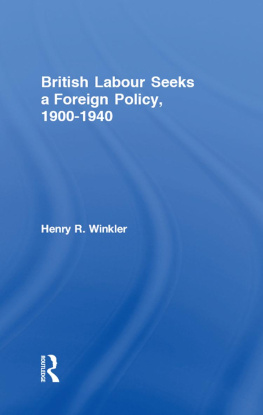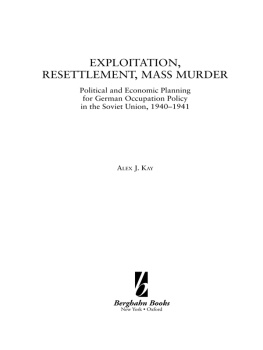Yvonne Kapp - British Policy and the Refugees, 1933-1941
Here you can read online Yvonne Kapp - British Policy and the Refugees, 1933-1941 full text of the book (entire story) in english for free. Download pdf and epub, get meaning, cover and reviews about this ebook. City: London, year: 1997, publisher: Routledge, genre: History. Description of the work, (preface) as well as reviews are available. Best literature library LitArk.com created for fans of good reading and offers a wide selection of genres:
Romance novel
Science fiction
Adventure
Detective
Science
History
Home and family
Prose
Art
Politics
Computer
Non-fiction
Religion
Business
Children
Humor
Choose a favorite category and find really read worthwhile books. Enjoy immersion in the world of imagination, feel the emotions of the characters or learn something new for yourself, make an fascinating discovery.

- Book:British Policy and the Refugees, 1933-1941
- Author:
- Publisher:Routledge
- Genre:
- Year:1997
- City:London
- Rating:5 / 5
- Favourites:Add to favourites
- Your mark:
- 100
- 1
- 2
- 3
- 4
- 5
British Policy and the Refugees, 1933-1941: summary, description and annotation
We offer to read an annotation, description, summary or preface (depends on what the author of the book "British Policy and the Refugees, 1933-1941" wrote himself). If you haven't found the necessary information about the book — write in the comments, we will try to find it.
British Policy and the Refugees, 1933-1941 — read online for free the complete book (whole text) full work
Below is the text of the book, divided by pages. System saving the place of the last page read, allows you to conveniently read the book "British Policy and the Refugees, 1933-1941" online for free, without having to search again every time where you left off. Put a bookmark, and you can go to the page where you finished reading at any time.
Font size:
Interval:
Bookmark:

Margaret Mynatt

FRANK CASS & CO. LTD.
2 Park Square, Milton Park, Abingdon, Oxon OX14 4RN
711 Third Avenue, New York, NY 100 17 USA
1996 Foreword 1997 Charmian Brinson
1. Refugees Government policy Great Britain History 20th century
325.2'1'0941'09043
ISBN 978 0-7146-4352-6 (paper)
ISBN 978 1-3150-3680-9 (eISBN)
A catalog record for this book is available from the Library of Congress
Vitaset, Paddock Wood, Kent
| by Charmian Brinson |
| Part One THE REFUGEE ERA |
| Who and what the refugees are - Why and how they fled - Regulations governing entry and sojourn |
| The right of asylum - Significance of the nationwide network of refugee relief committees - Public responsibility as a substitute for government action |
| The principle of refugee representation - French and British pre-Munich attitudes to refugees compared - Types of refugees |
| Part Two THE REFUGEE PROBLEM IN WARTIME |
| New regulations - The Army and employment -Tribunals - Worsening of conditions |
| Significance of anti-refugee campaign - Internment - Deportations - Releases |
Margaret (Bianca) Mynatt, 1907-1977
Font size:
Interval:
Bookmark:
Similar books «British Policy and the Refugees, 1933-1941»
Look at similar books to British Policy and the Refugees, 1933-1941. We have selected literature similar in name and meaning in the hope of providing readers with more options to find new, interesting, not yet read works.
Discussion, reviews of the book British Policy and the Refugees, 1933-1941 and just readers' own opinions. Leave your comments, write what you think about the work, its meaning or the main characters. Specify what exactly you liked and what you didn't like, and why you think so.





